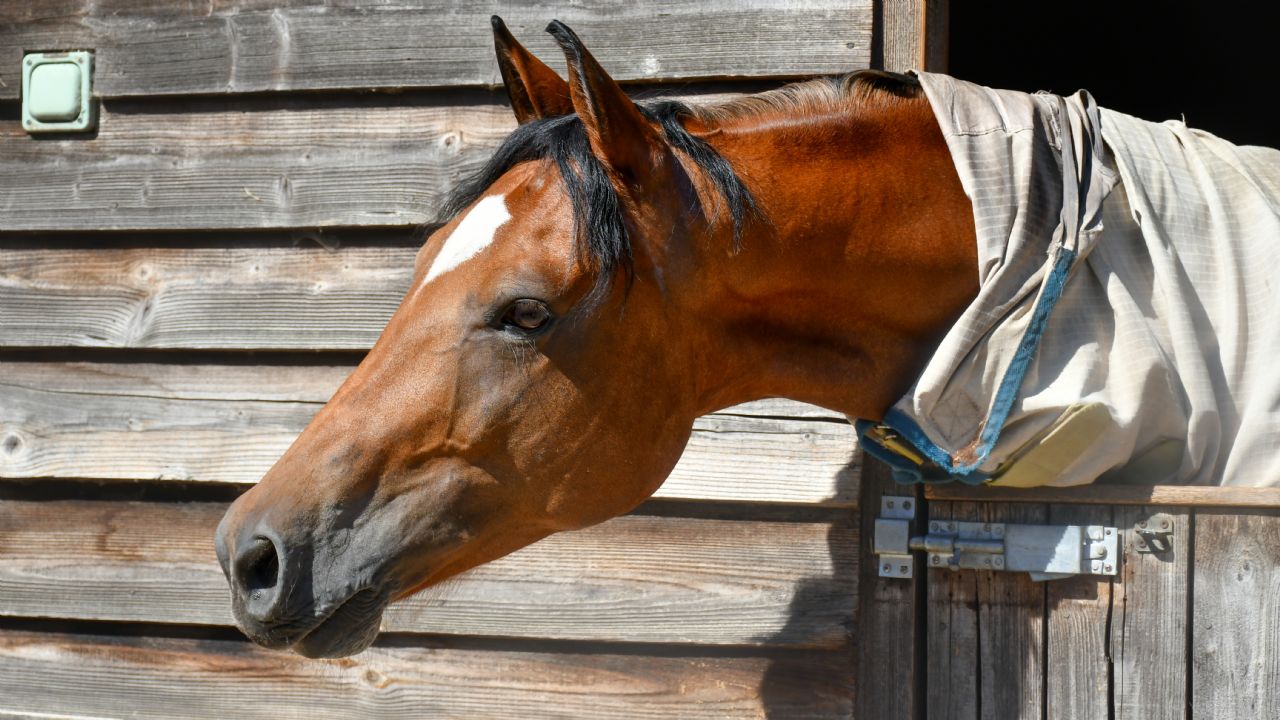Why do we recommend feeding horses from ground level?
How does the horse's jaw work? What happens if horses eat above ground level? Read the article to learn more...

With better diagnostic tools and techniques, ulcers are being more widely diagnosed. There are basically three types of stomach ulcers and horses can also get hind gut ulcers which are much harder to diagnose as they are out of reach of any endoscope.
Horses are easily stressed. Reduce stress as much as possible. Confinement (being stabled), isolation (no contact with other horses) and deprivation of forage (running out of hay overnight) are all stressors.
What we sometimes forget is that horses form strong bonds. They have best buddies, love their owners, enjoy their usual routine and regular friends and handlers. They grieve if their best buddy is sold or has to be put to sleep. They can take a year or more to settle into a new home. Horses evolved on the plains with lots of space, familiar friends and family with whom they spend their whole lives and constant access to forage, albeit a bit poor in the winter. We can't provide open access on a grassy plain, but we should be able to provide them with as much outside space as possible, companions with whom they can play and socialise and plenty of appropriate forage.
Be understanding about the impact of travelling, competitions, changing ownership, changing carers, changing riders, changing field buddies and accept that they are stressed by many more things than are we, but like us, stress can have physical as well as emotional consequences. Horses are sensitive creatures and consider that when your horse "misbehaves" she might just be trying to tell you something is not right.
Horses are individuals and respond in different ways to their management, feeding and medication. Maintain dialogue with your feed supplier, nutritionist and vet to get the best result for your individual horse.
Our Feed Line can offer suggestions based on the latest research. Fill out our Feeding Advice form or call us on 01728 604 008. Alternatively, you can see our best feeds for horses with ulcers here.
How does the horse's jaw work? What happens if horses eat above ground level? Read the article to learn more...
We're thrilled to be adding an exiting new event to the calendar for 2026!
Horses’ teeth change throughout their lives - they are continually growing and continually wearing, as they chew and grind their grazing and forage.